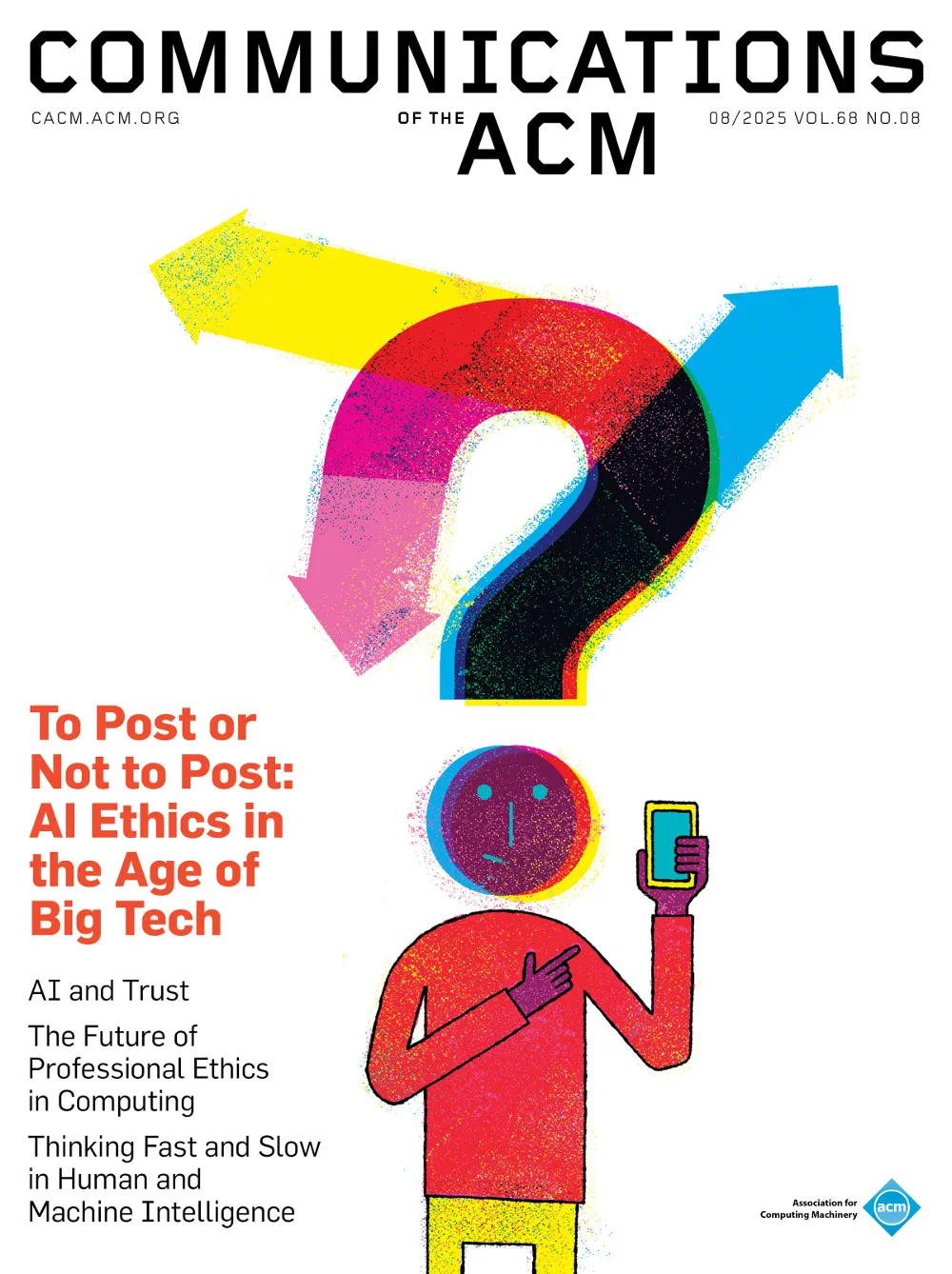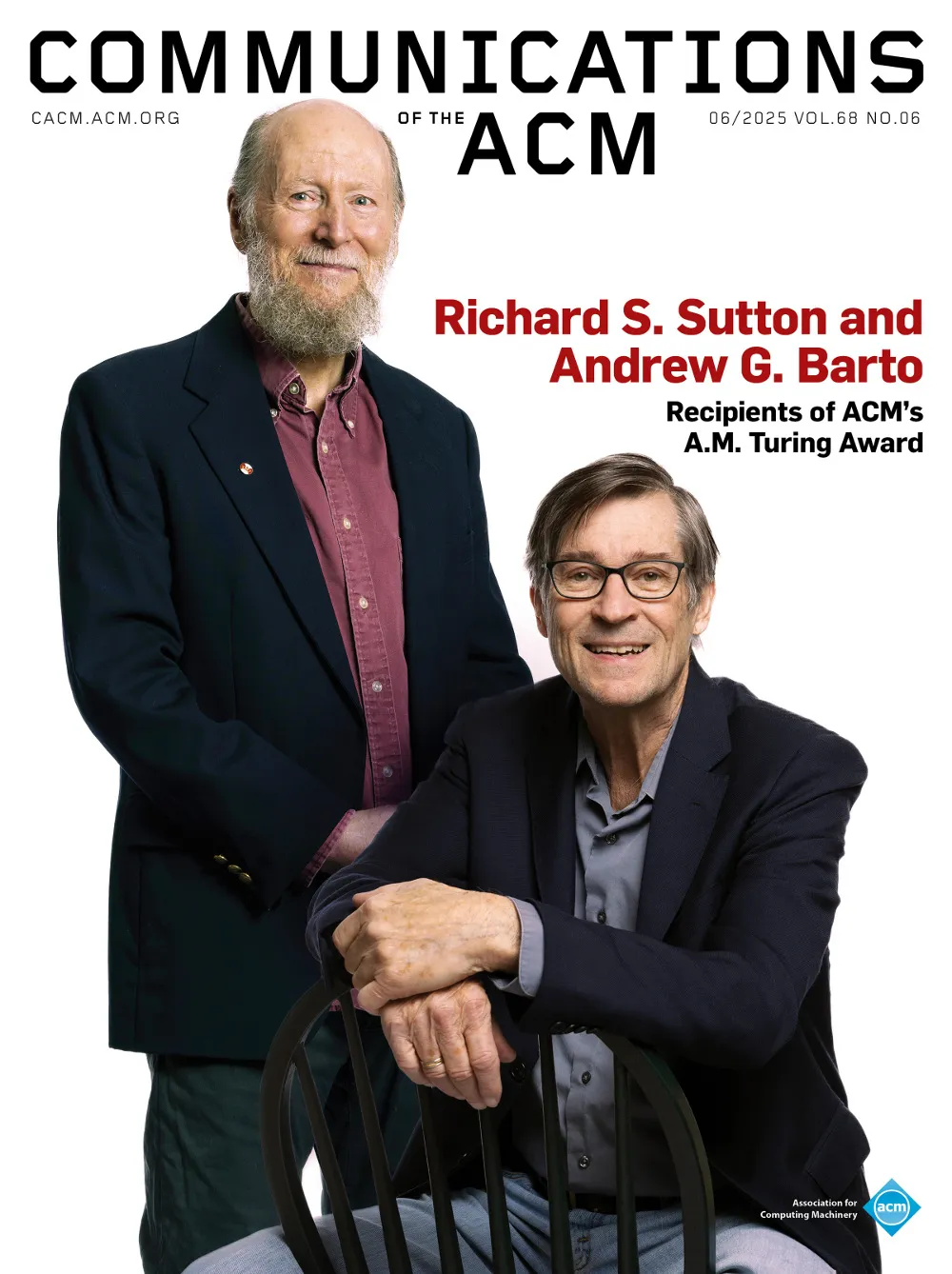August 1977 - Vol. 20 No. 8

Features
The experiences of Mesa's first users—primarily its implementers—are discussed, and some implications for Mesa and similar programming languages are suggested. The specific topics addressed are: module structure and its use in defining abstractions, data-structuring facilities in Mesa, an equivalence algorithm for types and type coercions, the benefits of the type system and why it is breached occasionally, and the difficulty of making the treatment of variant records safe.
Abstraction and verification in Alphard: defining and specifying iteration and generators
The Alphard “form” provides the programmer with a great deal of control over the implementation of abstract data types. In this paper the abstraction techniques are extended from simple data representation and function definition to the iteration statement, the most important point of interaction between data and the control structure of the language itself. A means of specializing Alphard's loops to operate on abstract entities without explicit dependence on the representation of those entities is introduced. Specification and verification techniques that allow the properties of the generators for such iterations to be expressed in the form of proof rules are developed. Results are obtained that for common special cases of these loops are essentially identical to the corresponding constructs in other languages. A means of showing that a generator will terminate is also provided.
CLU is a new programming language designed to support the use of abstractions in program construction. Work in programming methodology has led to the realization that three kinds of abstractions—procedural, control, and especially data abstractions—are useful in the programming process. Of these, only the procedural abstraction is supported well by conventional languages, through the procedure or subroutine. CLU provides, in addition to procedures, novel linguistic mechanisms that support the use of data and control abstractions. This paper provides an introduction to the abstraction mechanisms in CLU. By means of programming examples, the utility of the three kinds of abstractions in program construction is illustrated, and it is shown how CLU programs may be written to use and implement abstractions. The CLU library, which permits incremental program development with complete type checking performed at compile time, is also discussed.
Toward a discipline of real-time programming
Programming is divided into three major categories with increasing complexity of reasoning in program validation: sequential programming, multiprogramming, and real-time programming. By adhering to a strict programming discipline and by using a suitable high-level language molded after this discipline, the complexity of reasoning about concurrency and execution time constraints may be drastically reduced. This may be the only practical way to make real-time systems analytically verifiable and ultimately reliable. A possible discipline is outlined and expressed in terms of the language Modula.
An experimental evaluation of data type conventions
The language in which programs are written can have a substantial effect on the reliability of the resulting programs. This paper discusses an experiment that compares the programming reliability of subjects using a statically typed language and a “typeless” language. Analysis of the number of errors and the number of runs containing errors shows that, at least in one environment, the use of a statically typed language can increase programming reliability. Detailed analysis of the errors made by the subjects in programming solutions to reasonably small problems shows that the subjects had difficulty manipulating the representation of data.
An efficient data structure for the simulation event set
Recently algorithms have been presented for the realization of event scheduling routines suitable for general purpose discrete event simulation systems. Several exhibited a performance superior to that of commonly used simple linked list algorithms. In this paper a new event scheduling algorithm is presented which improves on two aspects of the best of the previously published algorithms. First, the new algorithm's performance is quite insensitive to skewed distributions, and second, its worst-case complexity is O(√n), where n is the number of events in the set. Furthermore, tests conducted to estimate the average complexity showed it to be nearly independent of n.
Comment on a computing the k shortest paths in a graph
In [1] Hardgrave discusses “positional” versus keyword parameter communication with subprograms from the viewpoint of structured programming. In this note an additional argument in favor of the keyword approach is suggested.



